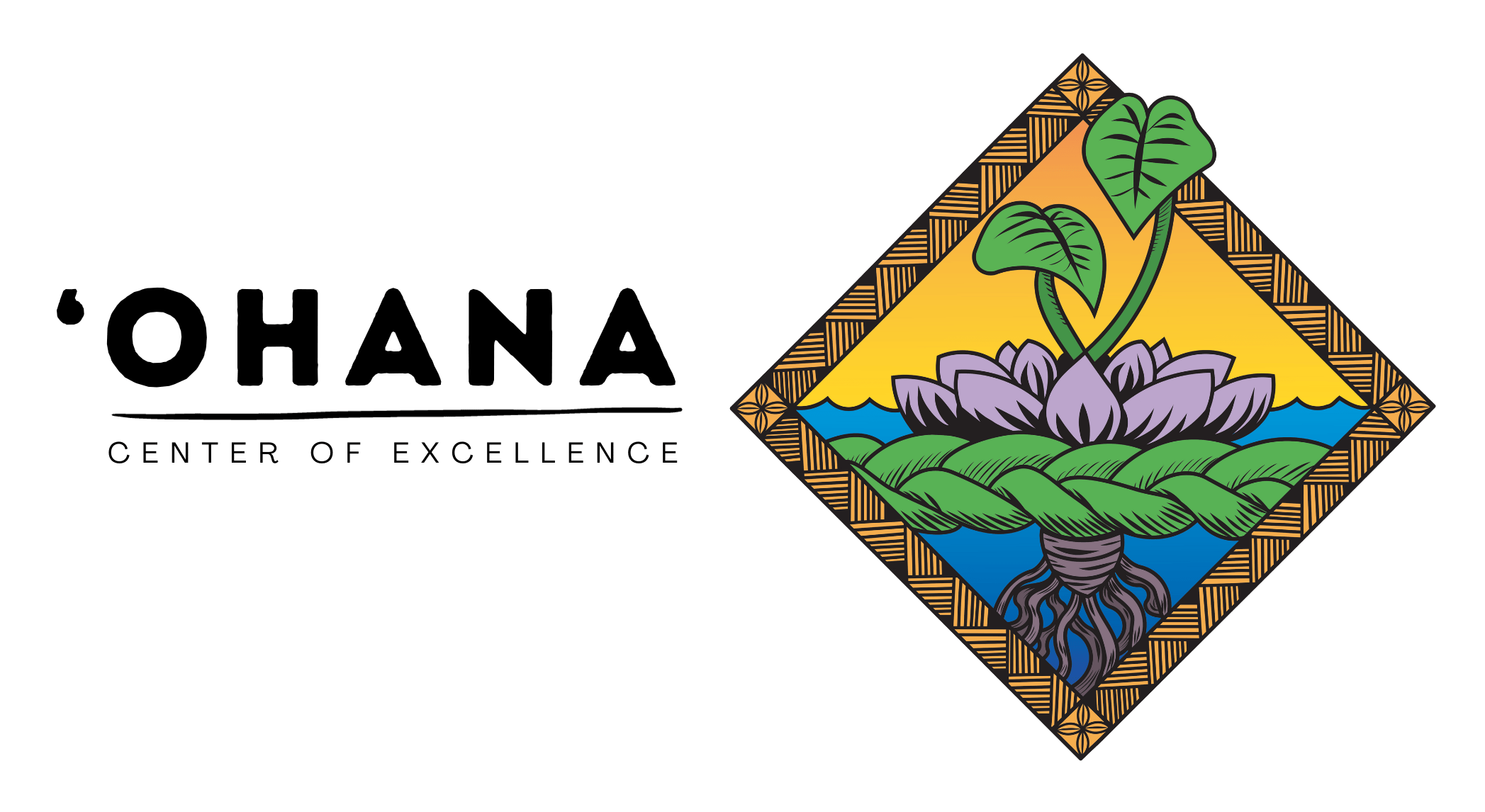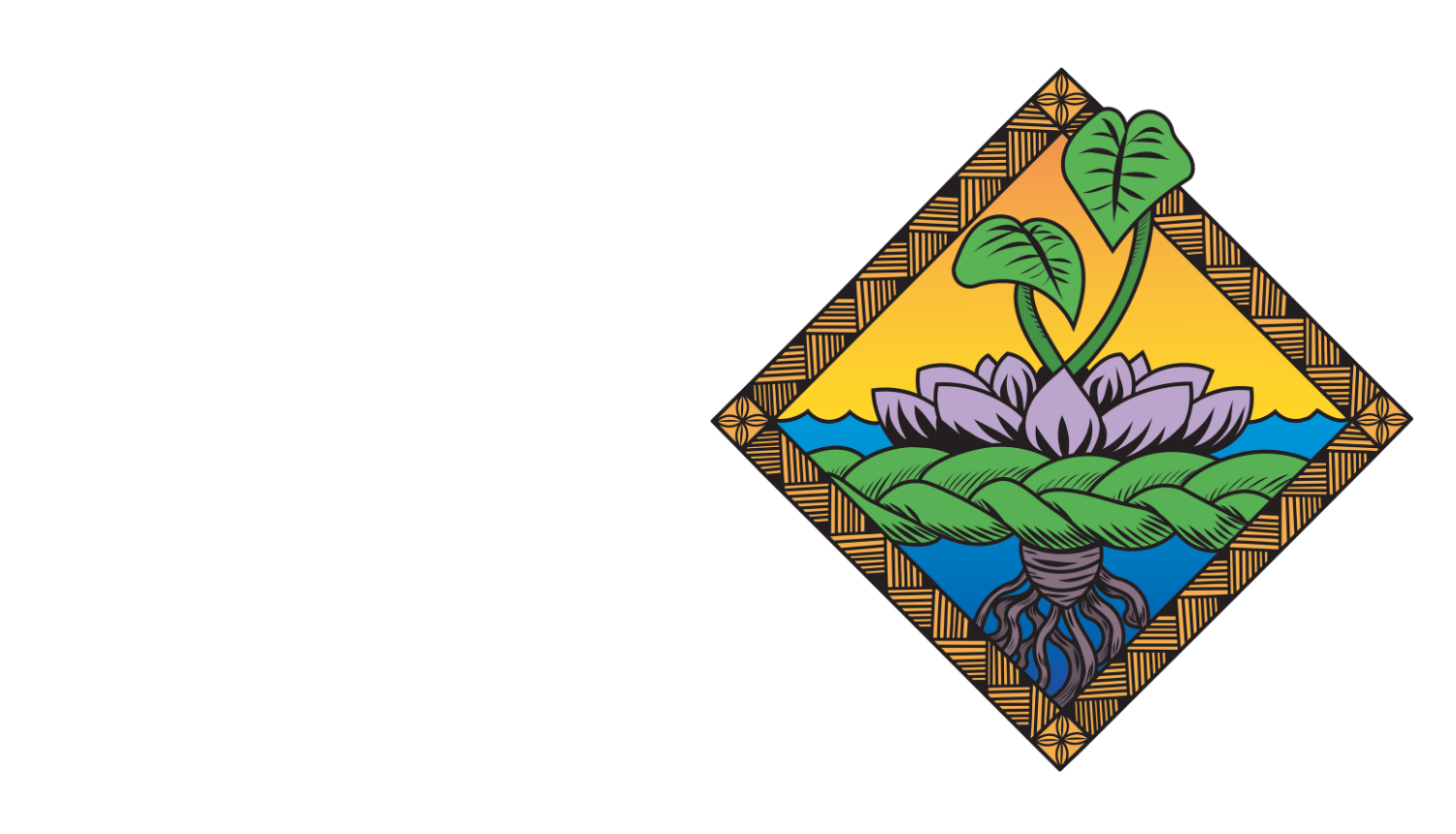
- This event has passed.
Culture and Language Matters! Re-Centering Behavioral Health for AANHPI Communities
May 23, 2023 @ 1:00 pm - 3:00 pm HST

In celebration of Asian American, Native Hawaiian, and Pacific Islander (AANHPI) Heritage Month and Mental Health Awareness Month, the AANHPI ‘Ohana Center of Excellence, funded by the Substance Abuse and Mental Health Services Administration (SAMHSA), is hosting our debut virtual event that will introduce our online accessible hub of resources to improve behavioral health among AANHPI communities.
In this free virtual event, we will share our approach to AANHPI behavioral health that centers community health, culturally responsive care, and language accessibility within a framework that is strength-based and provides curated resources to educate, support and empower. You will learn how to improve behavioral health seeking behaviors among AANHPI communities as well as learn why cultural and language responsiveness among behavioral health care providers is so important.
As one of the fastest growing populations in the U.S., Asian Americans, Native Hawaiian, and Pacific Islanders are diverse groups with a wide array of identities with distinct needs, cultural strengths, and behavioral health needs.
Who should come?
- AANHPI community-based organizations
- Behavioral health providers, professionals and enthusiasts
- AANHPI individuals or community leaders
- Cultural practitioners
- Community members interested in learning more about AANHPI communities
What’s on the agenda?
- Enjoy live music from The Asuncions
- Learn about the new AANHPI ‘Ohana Center of Excellence
- Learn about free resources, cultural toolkits, upcoming multilingual webinars for you, your organization, or your community
- Learn compelling facts about behavioral health in AANHPI communities
- Learn from behavioral health leaders from the Asian American, Pacific Islander, and Native Hawaiian communities
- Engage and learn via interactive polls
Watch the replays below
Who will you learn from?
Historical Background of AANHPI Communities
Native Hawaiians thrived in Hawai’i for centuries prior to colonization, and historically sought healing within their ʻohana (family) systems. Prior to European contact, Native Hawaiians understood that mauli ola, optimal health must include lōkahi, or balance, between kānaka (people), ʻāina (land, natural environment), and akua/pili ʻuhane (spirituality). With unique challenges such as cultural, historical, and intergenerational traumas, land dispossession, criminalization of the Native Identity, acculturation, and the overthrow of the Hawaiian Kingdom impacting these three foundational aspects of health, Native Hawaiians both in Hawaiʻi and across the continent face unique challenges seeking, accessing, and receiving behavioral health care that is responsive to their worldview, relationships to one another and the world around them.
Asian Americans are often perceived as a “model minority,” with few behavioral problems. Unfortunately, behavioral health issues such as mental health and substance use are often under-discussed and overlooked. Seeking help is complicated by cultural values (e.g., saving face, negative stigma, and secrecy) and/or structural barriers related to acculturation (i.e., unfamiliarity with systems, reduced access to services, and language barriers). Furthermore, even when Asian Americans seek treatment, limited resources are available because this diverse community tends to be lumped into a single category. As the fastest-growing ethnic minority in the U.S., Asian Americans are projected to be the largest immigrant group by 2055.
Prior to the arrival of Euro-American explorers, Pacific Islanders had thriving communities. They were skilled professionals who navigated the oceans, farmed the land, practiced medicine, understood the tenants of science, and had a strong spiritual sense of identity. These communities viewed the land—fonua/honua/vanua/fanua/whenua—as an ancestor and took great pride in being good stewards. This holistic approach supported the general well-being of their communities and can be traced to the vā—cultural and moral responsibility to nurture relationships. Pacific Islanders are communal as they focus on the group and environment over the individual. Pacific Islanders within the U.S. face complex challenges that stem from a loss of identity, acculturation, structural racism, and institutional discrimination. These challenges have greatly impacted the ability of Pacific Islanders’ to access and/or receive behavioral health services that are in-language and culturally appropriate.
About the AANHPI ‘Ohana Center of Excellence
The AANHPI ‘Ohana Center of Excellence is funded by the Substance Abuse and Mental Health Services Administration (SAMHSA) and is coordinated by the Hawai‘i State Department of Health in partnership with California State East Bay, Papa Ola Lōkahi, and San Jose State University.
The AANHPI ‘Ohana Center of Excellence celebrates innovation and promotes both traditional and Indigenous practices along with relevant conventional practices in fostering balanced behavioral health and well-being. Diversity is our strength.



















